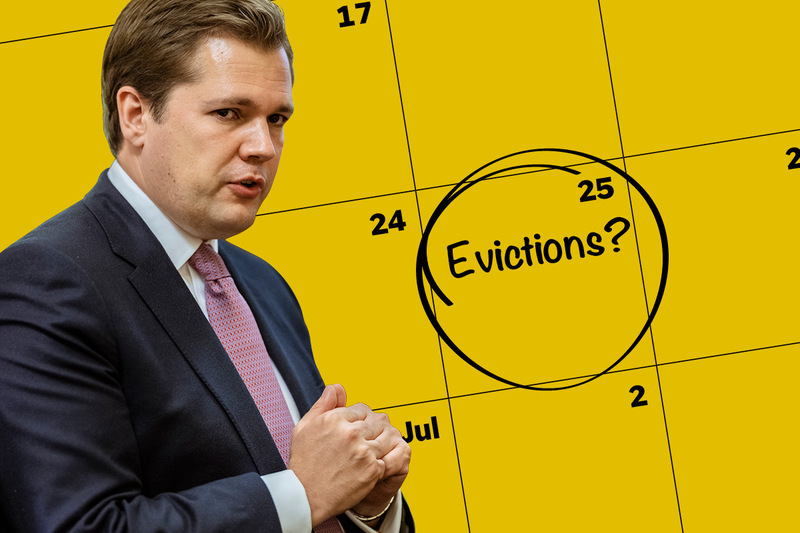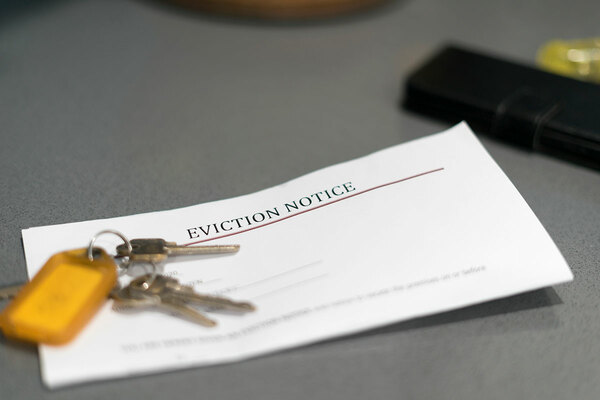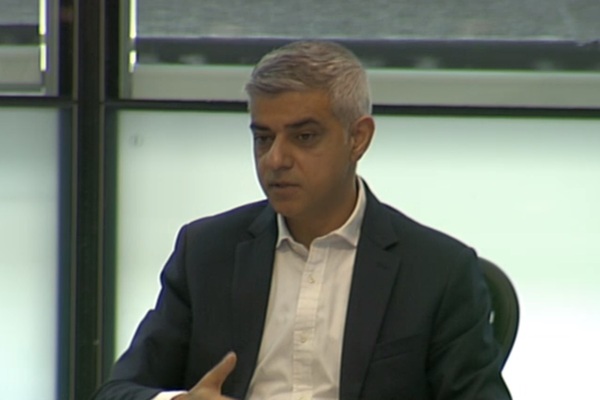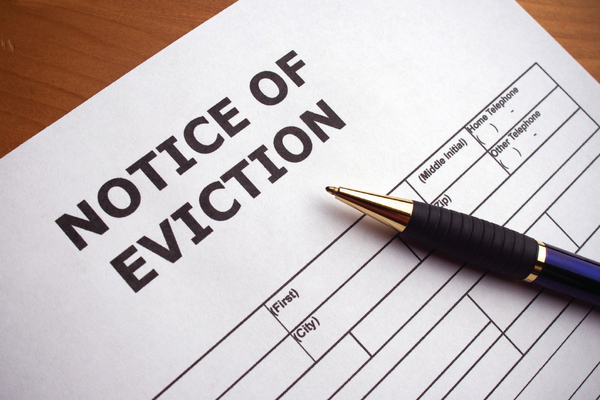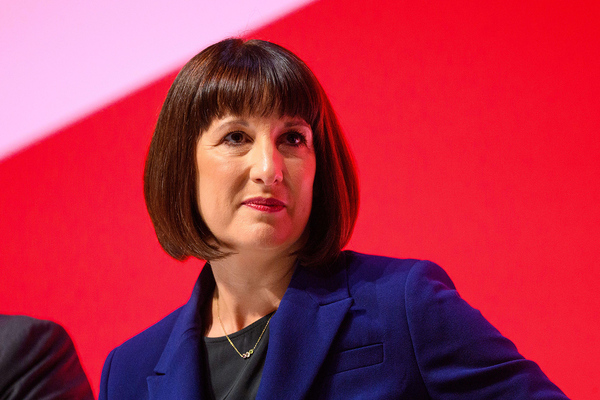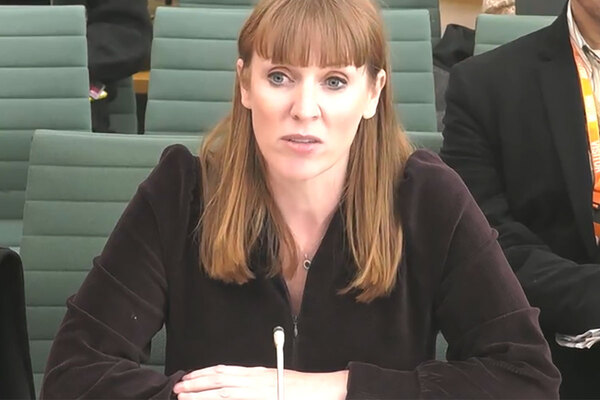You are viewing 1 of your 1 free articles
Pressure builds on government to extend evictions ban as deadline looms
Tens of thousands of renters are at risk of being evicted in the coming months unless the government’s eviction ban is extended, housing and legal bodies have warned, just three weeks before the ban is set to be lifted.
Pressure has increased on housing secretary Robert Jenrick to step in and extend the ban beyond its 25 June deadline until more measures are put in place to protect renters facing increasing rent arrears.
Chris Wood, assistant director of research, policy and public affairs at Shelter, said possession proceedings could be launched against tens of thousands once the ban is removed.
He said increasing numbers of people are approaching the organisation who are “worried about losing their homes and being threatened with eviction at the end of the evictions ban”.
Last month, government said it plans to introduce a ‘pre-action protocol’ that would put a duty on landlords to work with tenants before beginning possession proceedings.
However, Mr Wood said the government needs to give the protocol “legal backing” to ensure it is not “just a piece of paper”.
This would involve giving judges more power to determine whether a possession claim should be granted when a landlord is pursuing a Section 21 ‘no fault’ eviction or using ground 8 of Section 8, which is used when a tenant is in eight weeks of arrears. Ground 8 is currently mandatory, meaning that tenants can be automatically evicted if they accrue this level of arrears. Shelter wants the government to amend Section 21 so that judges aren’t forced to grant possession orders and to temporarily disapply ground 8.
The changes would only apply to England and Wales, as Scotland and Northern Ireland have a different legal system. In Scotland, the government has increased the eviction notice period to six months, depending on the grounds used. In Northern Ireland, the notice period has been extended to 12 weeks.
Shelter’s proposals have been broadly echoed by organisations including the Chartered Institute of Housing (CIH) and the Law Centres Network, as well as the Housing, Communities and Local Government Committee.
Nimrod Ben-Cnaan, head of policy and profile at the Law Centres Network, said: “It is very important to us that the stay on possession proceedings is extended, at least until other protections are in place to protect tenants and borrowers.
“Once hearings resume, judges should be given more discretion to not evict, by doing away with Section 21 eviction as the government already plans to do, and by disapplying ground 8 for at least a year.”
Mr Ben-Cnaan said that several Law Centres have written to social landlords this week asking them to commit to not use ground 8 evictions once the ban on evictions is lifted.
An extension would mirror other European countries such as Italy, which extended its ban from July to September.
John Perry, policy advisor at the CIH, said no evictions should take place while the present situation continues.
“It would be horrendous for people to be evicted when there are still rules in place about social distancing and so on,” he said.
However, Donna McCarthy, partner at Devonshires, warned the proposals could cause difficulties for social landlords that are looking to claim possession when arrears are not an issue.
She said: “Any step to remove the mandatory possession powers attached to the use of Section 21 notices may cause considerable difficulties, delay and expense when seeking possession for non-arrears cases, such as termination of a starter tenancy where there is anti-social behaviour or where possession is required after termination of a head lease.”
Will Jeffwitz, head of policy at the National Housing Federation, said: “No one should be evicted because of coronavirus which is why housing associations have pledged not to evict anyone as a result of arrears built up during this crisis... However for people living in the private rented sector the eviction ban has provided invaluable protection, preventing many who have lost jobs and income as a result of the crisis from becoming homeless; when the ban is lifted these people will once again be at risk.
“It is therefore essential that measures are put in place before the ban ends, to protect people renting privately as they get their lives back on track.”
A Ministry of Housing, Communities and Local Government spokesperson said: “The government has taken unprecedented action to support renters during the pandemic to ensure no one can be forced from their home – we have always said we will keep these measures under review and can extend if necessary.
“Our guidance to landlords and tenants is clear: they need to work together at the earliest opportunity to address any concerns and to work through issues to avoid the need for action through the court.
“The government will continue to carefully consider the next steps on how best to support tenants and landlords to ensure fairness in the rental market.”
